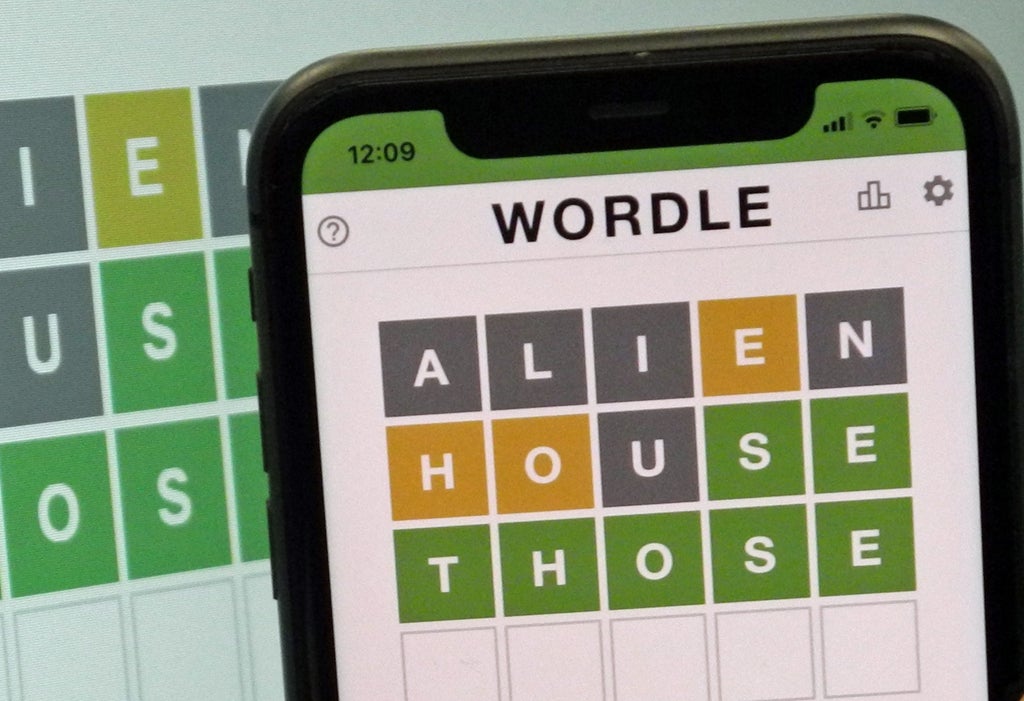
The creator of Wordle has said that he felt pushed to sell his wildly popular word game to The New York Times because so many people were cloning it and making money from it without his permission.
Josh Wardle, a Welsh software engineer who now lives in Brooklyn, New York, said in a talk on Thursday that selling to the Times was "a way to walk away" from the pressure he felt to stop his creation being exploited.
More than 300,000 people now play the free web game every day according to the Times, which paid between $1m (£758,345) and $5m to acquire it in January.
The game's success inspired numerous smartphone apps that simply copied Mr Wardle's version while adding ads, in-app-purchases, or subscription fees, many of which were later removed from Apple's app store.
Speaking at the Game Developers Conference in San Francisco, Mr Wardle said: "That isn't money that I would have made, because I said I don't want to make money, but something about that felt really deeply unpleasant for me.
"And so selling to the New York Times was a way for me to walk away from that. I didn't want to be paying a lawyer to issue cease and desists on the game that I'm not making money from..
"It felt like it was all going to get really, really complicated in a way that just [made me] pretty stressed out, truthfully."
Answering a question from The Independent after the talk, Mr Wardle added that he felt "an enormous amount of pressure" and a sense of limited time to act because so many people were trying to copy the game.
"It was clear that this was going to happen, regardless of whether I wanted it to happen or not. The business side of running a game doesn't interest me at all," he said.
"So other people monetising wasn't the reason that I sold to The New York Times, but if I find myself thinking about the what-ifs now... I have to remind myself of how I felt around that time, and I felt miserable."
Mr Wardle also revealed some five-letter words that were excluded from the game, including "dawts", "golps", "crusy", "byded", "yorps", "yrneh", and "gawcy".
All those words, he said, are valid in English dictionaries, but made the game un-fun. Luckily for players, they were eliminated by Mr Wardle's partner in a custom word game that he made for her, where she rated words based on how well she knew them.
He described how the game had helped some people reconnect with estranged family members, including a Reddit user who said it had helped maintain their relationship with their mother after she fell into the cult-like QAnon movement.
One player, a gay person from Nebraska, wrote to Mr Wardle saying Wordle had given them a point of connection with their conservative Christian parents.
"To read this is really heartwarming," said Mr Wardle. "It's also incredibly tragic, I think. Right now we are more connected than ever, yet people want [for] connection."







